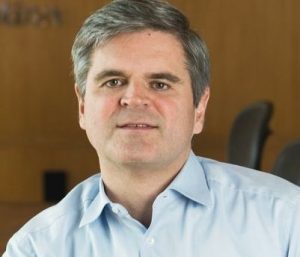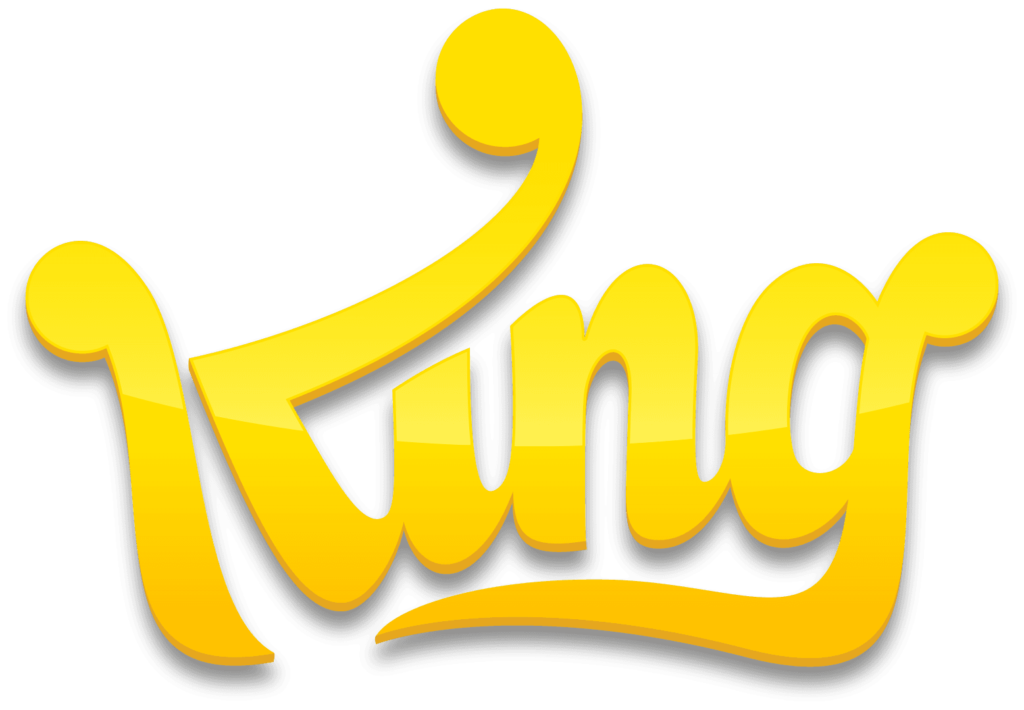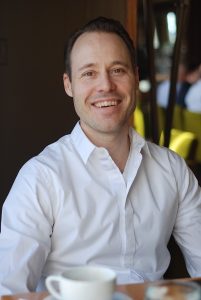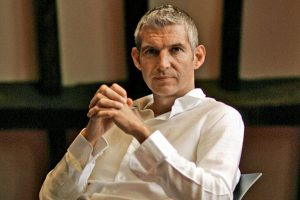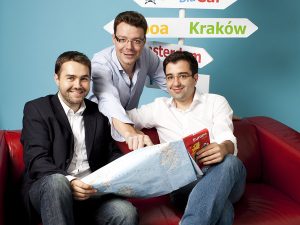Richard Liu – CEO and Founder of ‘Jingdong’; Journey of a Man from Nowhere to Billions
Every big journey has a small start. Every success story has n number of hardships and failures and so does the success story of Richard Liu have. The man who rose from multiple failing businesses and everlasting debts to fame and a business worth billions of dollars. His story speaks up that sometimes taking the wrong roads might benefit as they teach important lessons for future life.
Richard Liu (also known as Liu Qiangdong) was born on March 10, 1973, in a family having a business of coal shipping. He had a vast interest in politics, so he got enrolled in the department of sociology, in the People’s University of China. During the same time, he also studied computer programming as he realized that a degree in sociology, won’t ensure him a job.

While in college, he invested his money in a restaurant venture which failed deliberately and left him in debt. He passed his degree in 1996, and after that went on to pursue a degree of Executive M.B.A. from the China Europe International Business School.
After completing his studies, Liu was first employed by a Japanese health product company and served as the Director of computers and business, alongside the logistics supervisor. In early 1988, he realized that it was the right time to step into the business world and in June, he opened a business with the name Jingdong in Zhongguancun High-tech Industrial Park in Beijing. The company focused on selling authorized magneto-optical products. By 2003, his business was blooming and he managed to open 12 stores.
In mid-2003, the Severe Acute Respiratory Syndrome (SARS) forced Jingdong employees to stay back at home, and this hit the company hard. Liu’s business fell into a great loss (losing more than 8 million Yuan) and forcing Liu to think out of the box. That’s when he met with an idea to take his business online idea took him from nowhere to the entrepreneur he is now.
In 2005, Liu founded JD.com which eventually grew his business. He closed all of the offline stores and built it a full-time e-commerce company. Richard changed the company’s focus from magneto-optical products to a whole variety of products which can be seen on the site itself.
‘JD.com sets the standard for online shopping through its commitment to quality, authenticity, and its vast product offering covering everything from fresh food and apparel to electronics and cosmetics. Its unrivalled nationwide fulfilment network provides standard same- and next-day delivery covering a population of more than 1 billion – a level of service and speed that is unmatched globally,’ the site itself says.
Richard has been involved in some conflicts too, in his personal life. He was arrested in Minnesota for sexual assault but was released a day after as the company stated the acquisitions were false.
JD currently has 15,000 plus employees and is having a net worth of a massive $57.6 billion. Liu himself has a net worth of $6.1 billion (Forbes) with all-time worth being nearly $2.1 billion. In 2017, he was #25 in Richest in Tech and in 2018, was at #30 on China Rich List 2018.
Richard Liu, the CEO and founder of Jingdong, shows us that no matter how many failures you face, it is all about getting back up, learning and fighting again. Real success comes from not giving up. Richard is an inspiration to all.

Raghav is a student and a content writer. He loves to write about emerging as well as the existing technologies around and about the ones who bring them to you. Music is the other passion that Raghav processes. It is like the fuel to his body. He is also in writing songs and poems. He believes that life is short, so live the best out of what you have got. Raghav considers himself a sci-fi guy, having stories and tech all around in his head, all the time.


